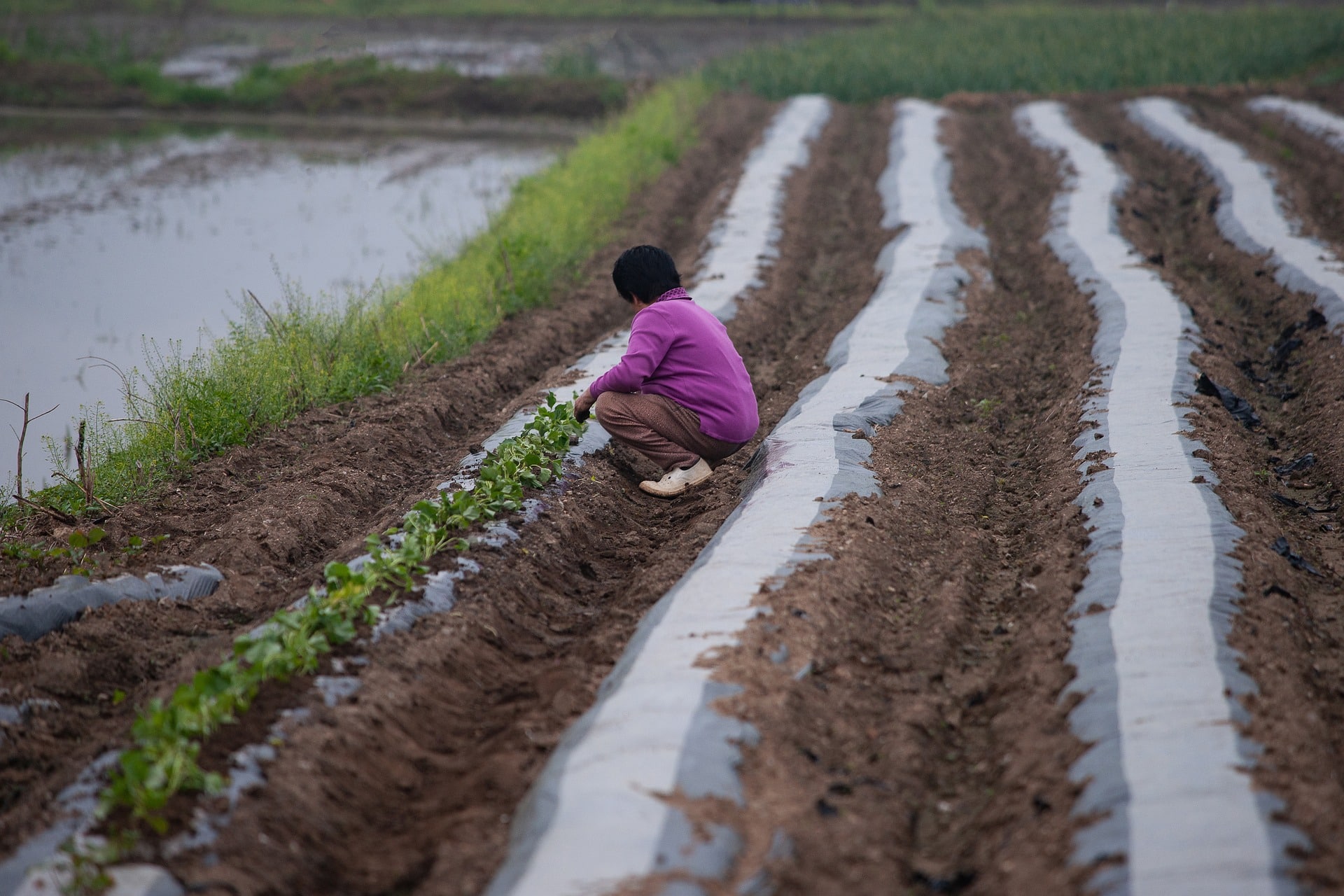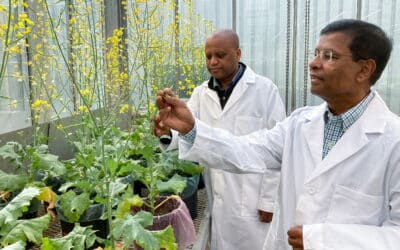A new study has shown that financial pressures, long working hours and isolation are some of the reasons for “concerning” levels of anxiety seen in women in the field of farming according to a release.
Experts have noted that “balancing childcare, caring responsibilities and non-farming work, gender inequalities within agriculture and, in some cases, domestic violence and rural crime” are all contributing factors to exacerbating mental health issues.
The release shared that 23 per cent of women in the study had anxiety, 34.6 per cent had mild anxiety, and 42.1 per cent did not have anxiety.
The top factors in women with moderate and severe anxiety were “concerns about the future of the farm/farming; financial pressures; workload, isolation and relationships with family.”
The study was published in the Journal of Agromedicine and performed by Rebecca Wheeler and Professor Matt Lobley from the University of Exeter. Funding for the study was from the Royal Agricultural Benevolent Institute (RABI). In the study were 15,296 members of the agricultural community and results came from a subsection of 3,487 female respondents. The study utilized standardized instruments, including the Generalized Anxiety Disorder-7 scale (GAD-7), to assess respondents.
“We have found concerning levels of anxiety among farming women and this should be seen as a call to action,” said Wheeler. “There are clear associations between anxiety, stress and loneliness and, although we cannot ascertain causality, these point to issues that demand attention in efforts to improve mental health.”
“Addressing only the symptoms of mental health problems will be insufficient, and there is a need to reduce some of the stressors commonly affecting farm women by, for instance, providing greater business-related support and seeking opportunities to help farm women build and maintain stronger social relationships,” said Lobley.
Women ages 25 through 34 had the highest level of loneliness, higher than the general population, and were the most likely to be anxious.
Women that are of working-age were saw the most stress from “feeling isolated, family relationships and workload”, more so than older women. All of those factors were strongly associated with moderate and sever anxiety.
“It is easy to imagine how any confluence of strained family relationships, long working hours, and feeling isolated might be associated with a person also feeling lonely and/or anxious. The addition of numerous other common farming stressors — many of which concern factors lying outside the control of individual farmers and farming families — can only add to this burden,” added Wheeler.
Women that are younger were more stressed about finances and less stressed about the future of farming when compared to older women. In the study, half the women that were between the ages of 25 and 44 were largely stressed by financial factors.
Between anxiety levels and the frequency of loneliness, a significate association was found. Only 7.4 per cent of women who were never lonely had moderate or severe anxiety. In comparison 64.5 per cent of women who were often or always lonely did have moderate or severe anxiety.
Related Articles
Canadian Government Supports Farmers’ Mental Health





